There are many reasons for snoring from nasal congestion due to a cold or allergies, swollen tonsils or adenoids, enlarged tongue, or nasal problems like a deviated septum or bony growth. Regardless, if you are not getting adequate, quality sleep you should see a physician. Snoring can be a precursor to the more serious obstructive sleep apnoea.
Here are some of the things that you can try before you get a CPAP (continuous positive airway pressure) mask, custom MAS (mandibular advancement splint) or have the NightLase laser anti-snoring treatment:
- Lose some weight – often 10 – 15kg is needed to see a noticeable difference
- Avoid alcohol – it’s a relaxant and when your throat is more relaxed you snore more
- Sleep at a decent time – good sleep patterns ensure that you are not overtired and less likely to snore
- Prepare for bed – have a good routine to wind down – don’t have too much food or drink, make sure to go to toilet, read to relax
- Refrain from technology before bed – the bright LEDs from phones, tablets and laptops can overstimulate the brain and prevent it from switching off
- Don’t sleep on your back – difficult to prevent once you are asleep but try sewing a tennis ball into the back of your pyjamas or there are vibrating devices you can buy to train yourself to sleep on your side
- Nasal strips or cones – can open the nasal passages to allow better breathing
- Off the shelf MAS – products like the Z-Quiet can help reposition the jaw sufficiently to lessen snoring
- Chin straps – preventing mouth breathing will help ensure negative pressure intraorally
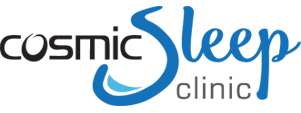

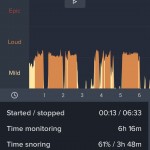

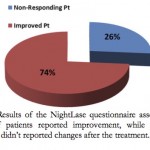

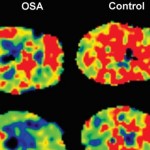
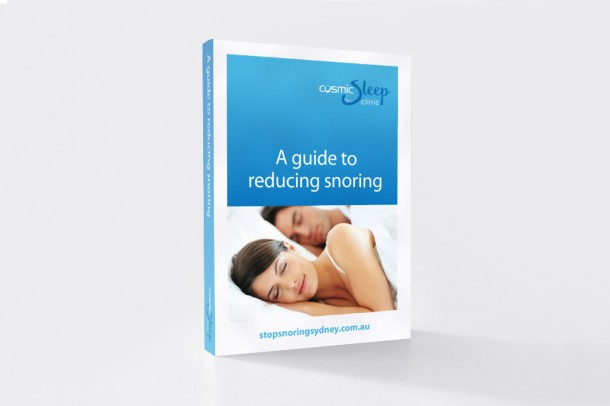
Join the conversation